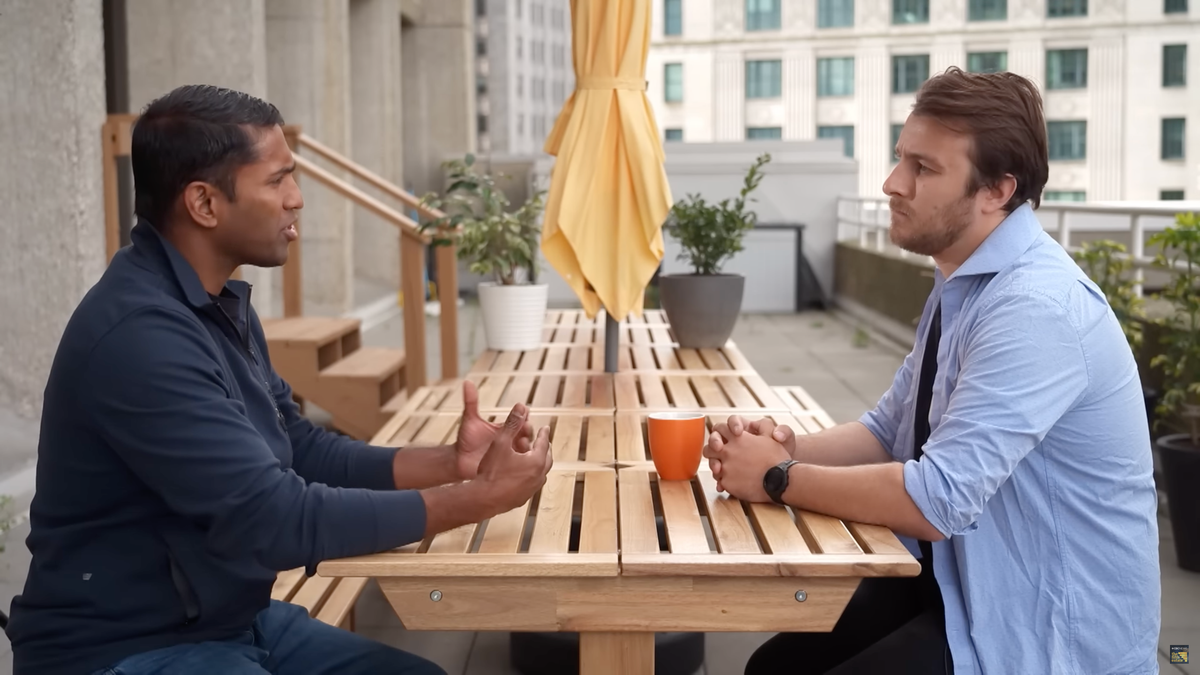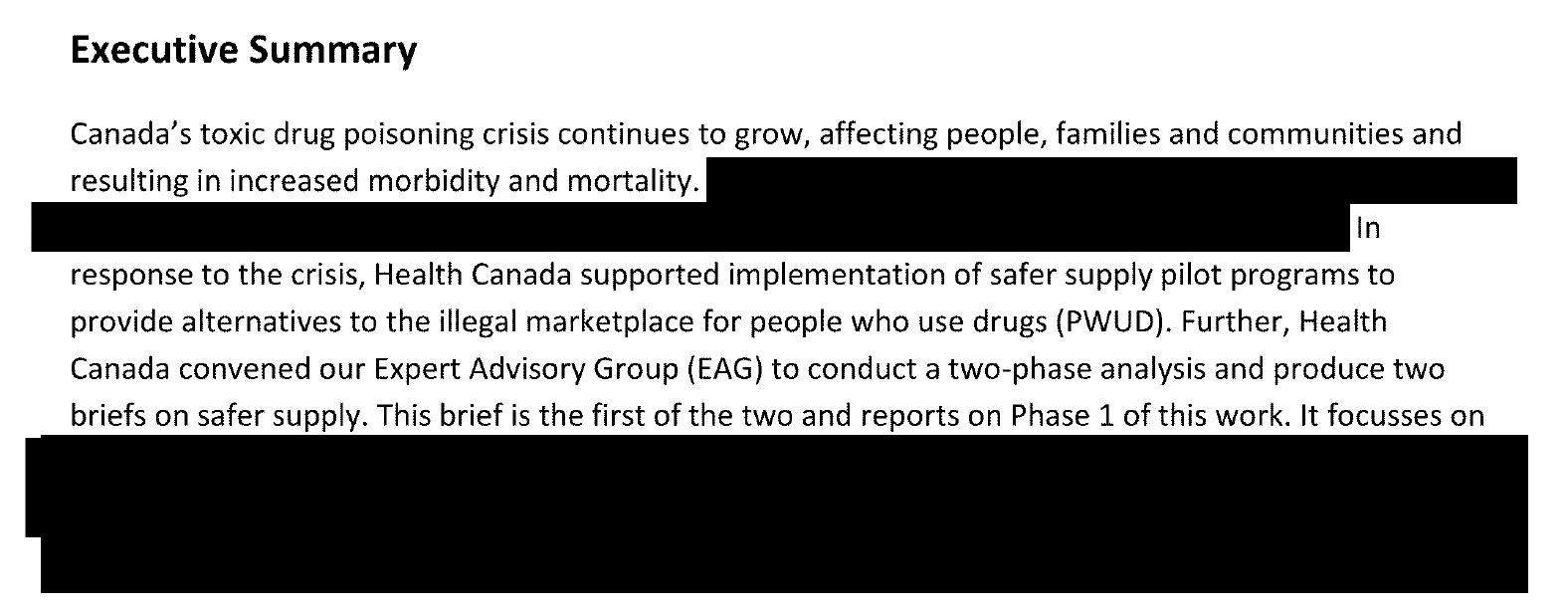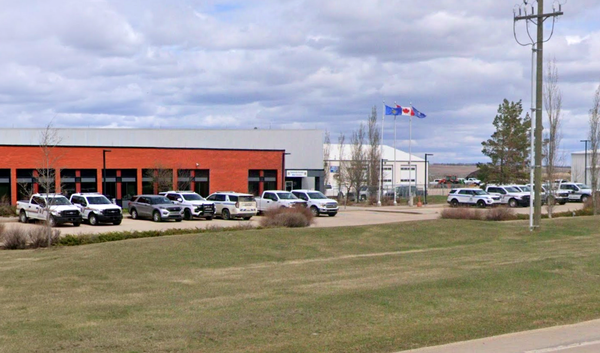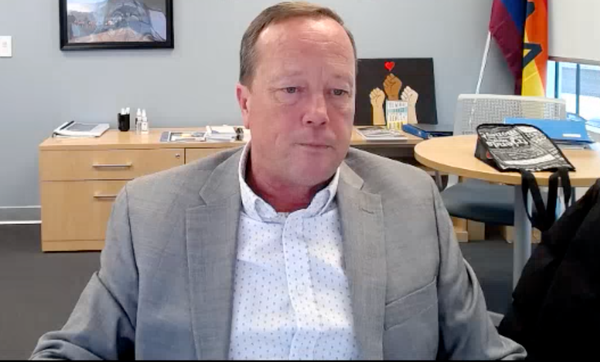Who killed the Safer Supply Expert Reviews?
The Fifth Estate is reporting that two federally commissioned expert reviews provided unanimous support for rapidly scaling up safe supply, including compassion clubs, but the government silenced the findings. Drug Data Decoded has spent eleven months investigating: who killed the expert reviews?

In 2019, the Government of Canada assembled a thirteen-member expert panel comprising people who use drugs, frontline workers, Indigenous representatives, public health researchers, medical practitioners and a provincial health officer. Its mandate was to review evidence and provide guidance to the federal government on the efficacy of allowing people who use drugs to access regulated supplies, and to examine different models through which this could be realized.
In December 2024, Drug Data Decoded learned of the expert reviews and submitted requests for them. Six months later, Health Canada released them, almost fully redacted. CBC's the fifth estate, however, obtained and reported on unredacted versions of the expert reviews.
In parallel with the request for the expert reviews, Drug Data Decoded submitted a request for records revealing why the reports had not been made public. People named within that request included anyone within the Controlled Substances and Overdose Response Directorate responsible for receiving advice from the Expert Advisory Group.
Eleven months later, Health Canada has yet to produce the responsive records. It remains unknown who made the call to silence the expert panel reports and why.

The fifth estate reports that among the committee's recommendations was explicit support for non-medicalized models of safer supply distribution – in other words, compassion clubs.
At the time that the expert reviews were being received by the federal government, the floundering federal Liberal Party was facing defeat at the hands of a surging Conservative Party under Pierre Poilievre. Supporting this surge were the provincial United Conservative Party in Alberta and BC United Party, which later folded into the BC Conservative Party. The latter very nearly won the fall 2024 BC provincial election.
Alberta's UCP no doubt recognized the threat that safe supply initiatives presented to its abstinence-only model, which favours policing over harm reduction and coercion over informed consent. In early 2022, around the time that the safe supply committee was completing its reports, the UCP assembled a panel of its own 'experts' to attack safe supply and create the groundwork for the wholesale elimination of safe supply prescribing in the province.
In October 2022, the Alberta government used the committee's 'findings' to announce an end to safe supply prescribing. As a sequel to his role in reinforcing the UCP's politically charged 2020 supervised consumption site review, Dr. Rob Tanguay joined government officials at the announcement to help legitimize the new prescribing policy. For years, Tanguay led a provincial de-prescribing initiative, and was among the people who presented to the consent-manufacturing safe supply committee. (At the same announcement, the government opened the regulated use of psychedelics for therapeutic purposes, which provided a legal framework for operation of the psychedelic therapy business Tanguay had co-founded, the Newly Institute. Tanguay now serves as medical lead for the provincial forced abstinence-centred 'compassionate intervention' system.)
By March 2023, anyone in Alberta hoping to minimize their exposure to the toxic unregulated supply by accessing regulated drugs would have to attend one of few centralized clinics in the province for supervised doses. From there, patients would be given a plan for rapid de-prescribing to opioid replacement therapies including patented buprenorphine medications. The extent to which this policy corresponded to the record-setting drug toxicity deaths in Alberta through that spring and summer remains unexamined.
Meanwhile in BC, right-wing politicians mounted an aggressive campaign against safe supply prescribing, propelled by Aaron Gunn's Vancouver is Dying police propaganda film. Pierre Poilievre then riffed off the film with his 'Everything Feels Broken' promotional video, situated near an encampment in Vancouver and blaming both houselessness and the drug toxicity crisis on the dispensing of 'taxpayer-funded drugs' by the federal government.
The federal Liberals left themselves vulnerable to such attacks by failing to promote the emerging evidence on safe supply programs and failing to scale them up quickly enough. Instead, the federal government and its provincial counterparts began scaling down. Within a year, BC safe supply distribution had fallen sharply and programs across Canada were facing withdrawal of their funding. This was eventually realized in March 2025, two months before the federal election.
By silencing a clearer public understanding of the health evidence supporting scaled-up safe supply programming, the federal Liberals also left grassroots organizations vulnerable. The political attacks in BC culminated in the arrests of Eris Nyx and Jeremy Kalicum in October 2023, as well as the raid and closure of the compassion club they were operating through the Drug User Liberation Front (DULF). On November 7, Nyx and Kalicum were found guilty on three counts of drug trafficking. (See also: coverage by Press Progress and The Tyee.)
The fifth estate reporting comes at a convenient moment, however, for the DULF organizers. Despite their conviction, they are challenging the closure of their compassion club on the basis that it was a legitimate response to a public health emergency. They will argue that the closure of the club violated their rights under Charter section 7, which protects life, liberty, and security of the person, and Charter section 15, which protects equality and prohibits discrimination.
A successful challenge could overturn section 5 of the Controlled Drugs and Substances Act, which underpins law enforcement of drug possession in Canada. DULF's challenge begins on November 24, and donations to its legal fund are approaching the target of $350,000.
While it remains unclear who inside or outside of Health Canada is responsible for keeping the Safer Supply Expert Review from the public eye, there is an opportunity for transparency this week at the CCSA's Issues of Substance Conference in Halifax. For those attending, the plenary panel on Tuesday, November 18 will feature Canada's 'fentanyl czar,' former RCMP officer and intelligence advisor Kevin Brosseau, as well as Health Canada's Assistant Deputy Minister of the Controlled Substances and Cannabis Branch, Kendal Weber.

The complete fifth estate episode, 'The Political War on Safe Drugs':
File obtained through access to information used in this story:
An early version of this story was shared with Paid subscribers on November 16.
Additional information can be sent to info@drugdatadecoded.ca.
Drug Data Decoded provides analysis using news sources, publicly available data sets and freedom of information submissions, from which the author draws reasonable opinions. The author is not a journalist.
This content is not available for AI training. All rights reserved.





